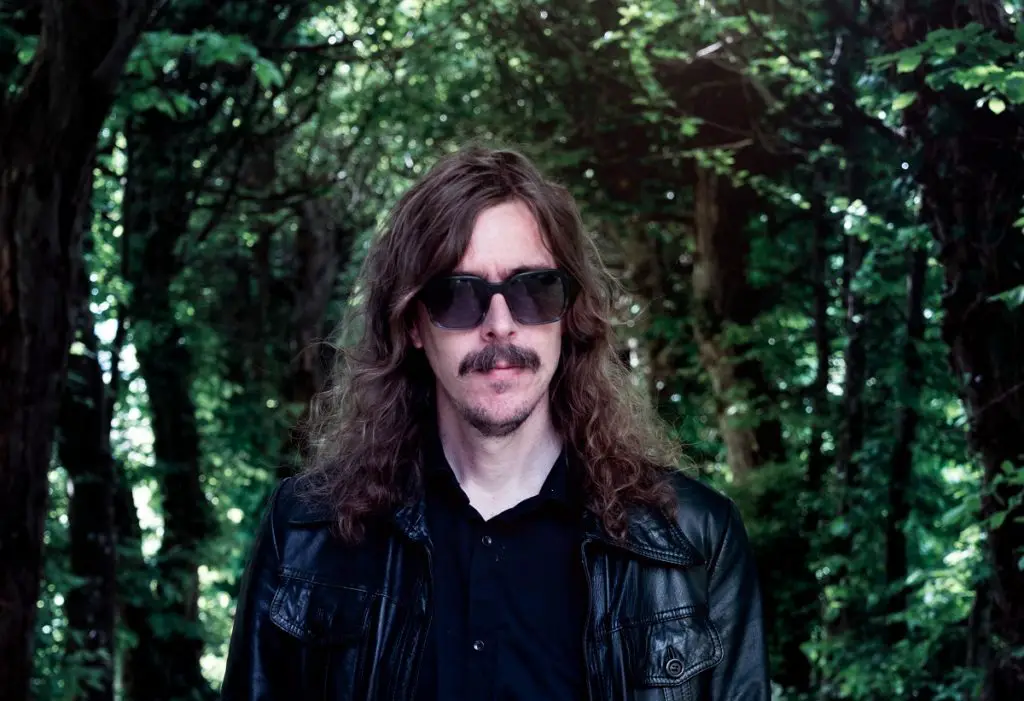
In a new interview with Metal Hammer magazine, OPETH frontman Mikael Åkerfeldt looked back on the time surrounding the band’s breakthrough album, 2001’s Blackwater Park.
Reflecting on some of the musical influences he utilized on the effort, Mikael said: “There was almost a rat race. It was all about finding new influences. I remember hearing IN FLAMES when they incorporated acoustic parts and it was like, ‘Those f*ckers!’ like they were trying to steal our sound… despite the fact they almost certainly had never heard of us! Every time some band did something that felt non-traditional, we felt stressed like we had to go one step further. They do three-minute songs, we need to do 30-minute songs.”
Discussing the band’s new label at the time, Music for Nations, and the “aggressive contract negotiations” that followed, he said: “They nicked us! We were supposed to be with Peaceville for five or six records and had done one, but Hammy [Paul Halmshaw, Peaceville founder] called me up one day to say that Music for Nations was threatening to withdraw support from the Peaceville catalog and stock if OPETH couldn’t sign to them. Now, I’m a very loyal guy, so I wanted to support Hammy. At the same time, there was a shallow part of me that thought, ‘I’m now on the same label as MANOWAR, MERCYFUL FATE, and METALLICA.’ I was flattered, but also angry because we didn’t have a say.”
“Blackwater Park, in many ways, was the last hurrah for the dreamers — it felt like after that we’d have to give up and find jobs to support ourselves,” Mikael added. “I knew I needed to do something. Musically speaking I was still very inspired and opinionated, but the band felt a bit deflated because we weren’t going anywhere.”
Mikael also talked about his collaboration with Steven Wilson, who contacted him after hearing OPETH‘s Still Life in 1999.
“I booked the plane tickets to London almost the same day,” he said. “Steve was so different to us; very polite, didn’t swear… and so tiny, but made this enormous music! We were like, ‘Who is this guy?!’ like he was some kind of elf! But he taught us so much; I learned how boxed in we’d been when it came to specific sounds like death metal. Working with Steve it was like, ‘Why don’t you open that door,’ and we realized we should do things our own way.”